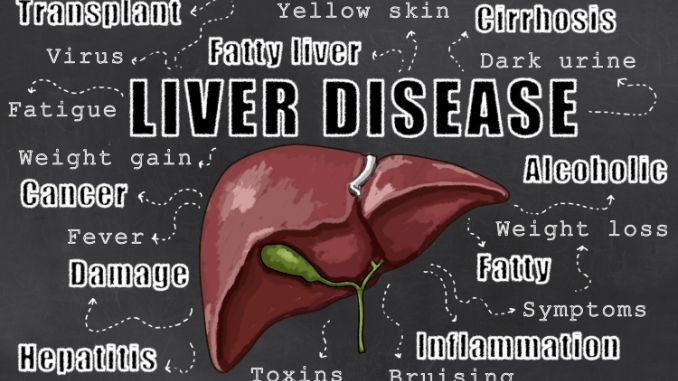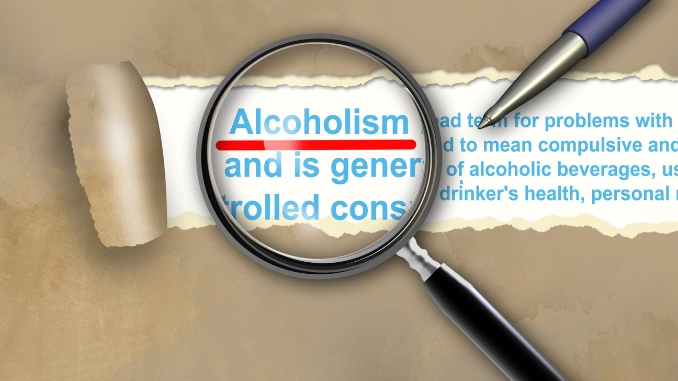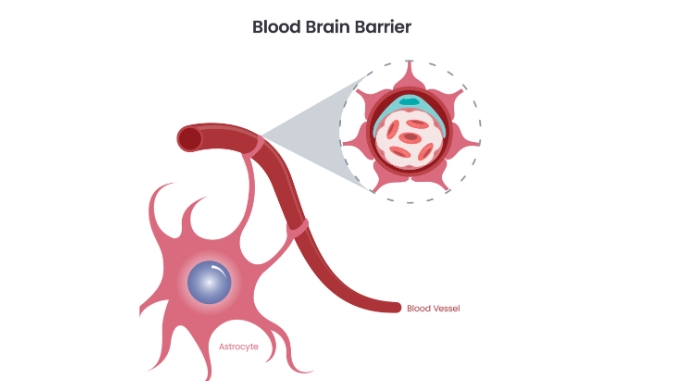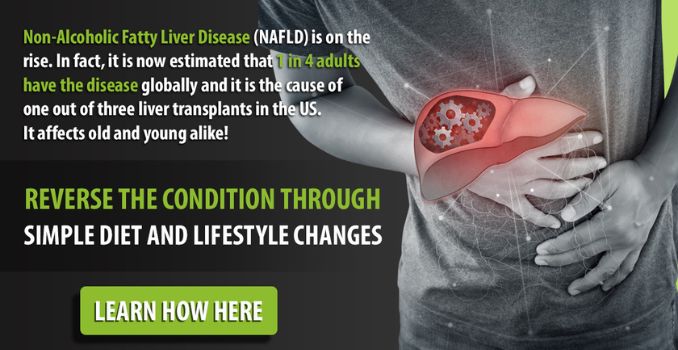Have you wondered why too much alcohol makes you nauseous or causes vomiting? While vomiting after heavy drinking helps expel toxins and prevents more alcohol absorption, it’s risky. This article will explain why does alcohol make you throw up.
What Are the Possible Risks?

Drinking too much alcohol can make you throw up, cause dehydration, nutritional deficiencies, and lung issues if vomit is inhaled. It can also lead to stomach inflammation and a severe acidic condition.
While vomiting might prevent alcohol poisoning, it's unsafe and not advised as it can harm your esophagus and teeth.
An article from the National Institute on Alcohol Abuse and Alcoholism states that drinking even a little each day or binge drinking occasionally slightly increases your cancer risk.
In 2009, about 3.5% of U.S. cancer deaths, roughly 19,500, were linked to alcohol. Knowing why alcohol causes [¹] vomiting is key to understanding how the body tries to rid itself of toxins.
Effects of Alcohol on the Digestive System

Drinking alcohol make you throw up because it irritates the lining of your mouth, throat, and stomach, causing nausea and discomfort. It increases stomach acid, leading to heartburn and inflammation, and slows stomach emptying.
In the small intestine, it blocks nutrient absorption, triggering nausea. Excessive drinking overloads the liver, producing toxins that worsen irritation and cause vomiting. Understanding these effects explains why alcohol make you throw up and feel sick.
The Psychology Behind Alcohol Consumption

People drink alcohol for various reasons that are deeply rooted in human psychology and societal norms.
- Socializing: Alcohol loosens inhibitions, making social interactions easier and enhancing feelings of connection at gatherings.
- Stress Relief: People often drink to relax after stress, as alcohol temporarily boosts mood and relaxation, though it carries risks.
- Escape: Some drink alcohol to briefly escape problems or numb emotional pain, like a temporary band-aid. A 2024 study in "Alcohol and Alcoholism" found that isolation and loneliness greatly increased heavy drinking [²] early in the pandemic. It calls for further research to see if these drinking habits have become long-term risks and emphasizes addressing the psychological effects of isolation.
- Habit: Drinking can easily become a habit, especially in social settings, turning occasional drinks into a regular routine over time.
- Cultural Influence: Cultural traditions shape drinking habits. In many cultures, alcohol is common at celebrations, making it a normal part of life.
The Impact of Alcohol Metabolism on Nausea and Vomiting

When you drink [³] your liver uses enzymes to break down alcohol, but it has a processing limit. In general, it's estimated that a healthy liver can process about one standard drink (equal to roughly one ounce of pure alcohol) per hour. If you drink too much, alcohol accumulates in your blood, raising your blood alcohol level and affecting your gut and brain, causing nausea and vomiting.
Individual differences in liver enzyme effectiveness, often genetic, affect how quickly alcohol is metabolized. Slow metabolism means alcohol lingers longer in your system, increasing likelihood of sickness.
Understanding alcohol metabolism highlights the importance of responsible drinking. Knowing your body’s limits can help you make smarter drinking choices, avoiding nausea and promoting mindful consumption. This knowledge helps prevent over drinking and its unpleasant effects.
Risks of Excessive Alcohol Consumption

Drinking too much alcohol can damage your brain, affecting thoughts and behaviors. It harms the heart, leading to muscle weakness, irregular heartbeats, stroke, and high blood pressure. The liver can suffer from fatty deposits, inflammation, and scarring.
The National Institute on Alcohol Abuse and Alcoholism notes that alcohol can also inflame the pancreas, hindering digestion. Excessive drinking raises cancer risks, including in the mouth, throat, liver, breasts, and colon. It weakens the immune system, increasing susceptibility to illnesses like pneumonia and tuberculosis.
How Alcohol Affects the Brain and Triggers Nausea

Alcohol affects brain communication, altering structure and activity. It causes physical and mental changes, often leading to nausea and vomiting.
Here's how alcohol triggers this response:
- Direct Irritation: Alcohol irritates the stomach, boosts acid production, and causes nausea. Stomach issues are frequent with binge or chronic drinking.
- Impact on the Brain: Alcohol impacts brain areas by controlling vomiting. As the body processes alcohol, excess toxins form, prompting the brain to induce vomiting.
- Alcohol Poisoning: Drinking too much can cause alcohol poisoning, a dangerous condition. Vomiting helps the body expel excess alcohol.
- Hangover Symptoms: Nausea is a typical hangover symptom as the body processes and removes excess alcohol, indicating recovery from alcohol overdose.
- Alcohol Intolerance: Some people have alcohol intolerance, causing nausea and vomiting even after small amounts of alcohol.
- Toxin Buildup: Heavy drinking damages the liver, causing fatty liver, hepatitis, fibrosis, and cirrhosis.
The Connection of Alcohol and Blood-Brain Barrier

Alcohol can penetrate the blood-brain barrier or BBB, allowing it to enter brain cells directly. This penetration is the primary reason alcohol affects the brain, leading to symptoms like nausea and vomiting.
The BBB is a protective barrier that separates the blood from the brain, preventing harmful substances from entering the brain while allowing essential nutrients to pass through.
Once alcohol crosses [⁴] the BBB, it can disrupt brain function, causing impaired judgment, coordination issues, and changes in mood and behavior. Chronic alcohol consumption can damage the BBB, increasing its permeability and potentially leading to long-term brain damage.
Factors That Contribute to Alcohol-Induced Vomiting

Several factors contribute to alcohol-induced vomiting, highlighting the body's reaction to the intake of alcohol, especially in excessive amounts:
Excessive Consumption
Drinking alcohol in large quantities can overwhelm the body's ability to metabolize it, leading to alcohol poisoning, which often results in vomiting as the body tries to expel the unprocessed alcohol.
Irritation of the Digestive Tract
Alcohol irritates the lining of the stomach, increasing acid production and leading to inflammation. This irritation can cause a person to throw up after drinking alcohol, especially when large amounts are consumed rapidly, as in binge drinking.
Accumulation of Toxins
As the body breaks down alcohol, it produces toxic by-products. Excess alcohol leads to an accumulation of these toxins, prompting the body to induce vomiting to eliminate them, reducing the risk of alcohol overdose.
Hangover Effects
Vomiting is a common symptom of a hangover, occurring as the body attempts to recover from the effects of too much alcohol. Hangover symptoms, including vomiting, reflect the body's process of eliminating the remaining alcohol and its toxic metabolites.
Chronic Alcohol Exposure
Individuals with a history of chronic alcohol exposure may experience frequent stomach-related concerns and an increased likelihood of vomiting when they drink alcohol as their digestive system becomes more sensitive to its effects.
Alcohol Intolerance
Some people have an intolerance to alcohol, meaning even small amounts of alcohol can make them throw up and trigger an immediate adverse reaction, including vomiting, due to their body's inability to process alcohol efficiently.
Body's Defense Mechanism
Drinking alcohol makes the body activate its defense mechanisms to protect against alcohol poisoning. Vomiting is one such mechanism, helping to expel excess alcohol and toxins from the system to prevent further harm.
Coping Strategies for Managing Alcohol-Induced Nausea

Managing alcohol-induced nausea involves several strategies that can help alleviate discomfort and prevent further distress.
Here are some coping strategies:
- Stay Hydrated: Alcohol can lead to dehydration, which exacerbates nausea. Drink water or electrolyte-replenishing beverages to rehydrate your body and flush out toxins.
- Eat Light and Bland Foods: If you can eat, opt for light and bland foods like crackers, toast, or rice. These can help absorb stomach acid and settle your stomach without overloading your digestive system.
- Rest: Your body needs time to recover from the effects of alcohol. Resting in a quiet, comfortable place can help alleviate nausea and speed up the recovery process.
- Avoid More Alcohol: "Hair of the dog" or drinking more alcohol to ease symptoms can worsen nausea and lead to further dehydration and toxicity.
- Ginger: Ginger is known for its anti-nausea properties. Consuming ginger tea or ginger ale can help soothe your stomach and reduce nausea.
- Peppermint: Peppermint tea or sucking on a peppermint candy can relax your stomach muscles and ease nausea.
- Cool Environment: Fresh air or a cool environment can help reduce nausea. Try to get some fresh air or use a fan to circulate air around you.
- Small Sips: If drinking fluids, take small sips instead of large gulps to prevent overwhelming your stomach.
- Avoid Strong Smells: Strong odors can exacerbate nausea. Stay away from cooking smells, smoke, or any strong scents until you feel better.
Conclusion
Feeling nauseous and throwing up after drinking is common. Alcohol affects your digestive system and brain, making you feel sick. How your body handles alcohol and your hydration level matter. Understanding these effects helps you drink smarter and reduce discomfort. However, excessive drinking harms your health, so moderation is key. Learning about alcohol's effects allows for healthier drinking choices.
The liver essentially processes everything you eat, drink, breathe, or rub on your skin. Every day, it is processing all that and protecting you from anything damaging or dangerous in it. So check out this Master Guide to Liver Health now!








